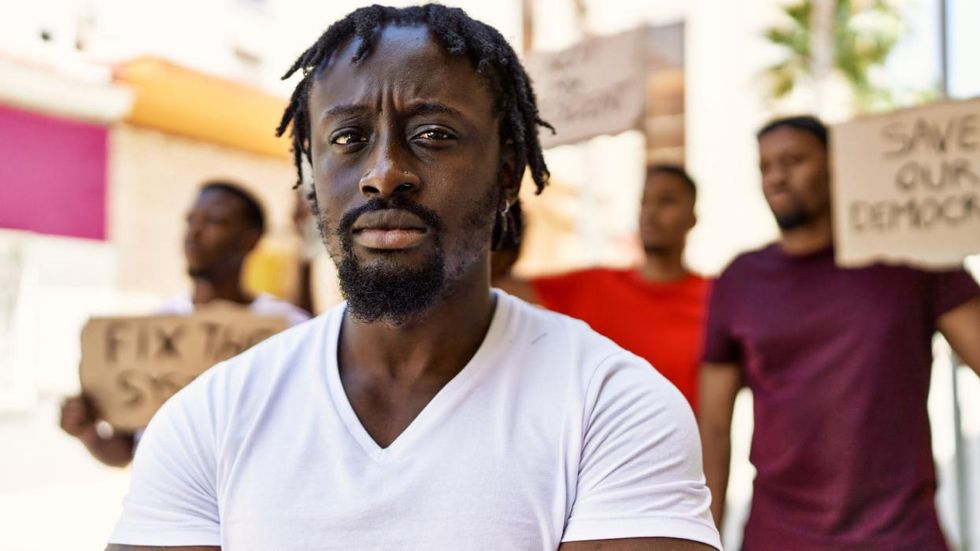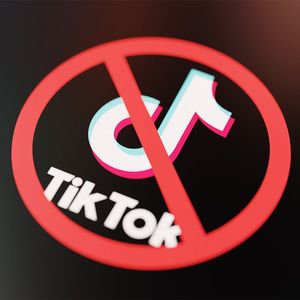On Black HIV/AIDS Awareness Day, we must remember the myriad ways the work to end the HIV epidemic overlaps with the work for LGBTQ justice and overlaps with the work to dismantle white supremacy. One of these overlaps is laws that criminalize HIV.
HIV criminalization is when a state criminalizes otherwise legal conduct or increases the penalties for illegal conduct based on a person’s HIV status. As of 2022, there are at least 35 states with HIV criminalization laws.
Each state’s laws vary. Some require the prosecution to prove the person intended to expose others to HIV, but in most states, simply not disclosing your HIV status is enough to convict. Apart from several state reforms over the last few years, no states require evidence of actual transmission or an intent to do harm.
Let’s look at the example of Robert Suttle, a Black man from Louisiana who was convicted under the state’s antiquated HIV criminalization laws.
Following a bad breakup, Suttle's former partner reported him to the police, stating he was unaware of Suttle’s HIV status. Under Louisiana law, it is illegal to engage in sexual activity if you know your HIV status and do not disclose it. Suttle says he disclosed his status, but it was a case of he said, he said. At court, he took a plea deal to avoid trial and the possibility of the maximum sentence. As a result, he was charged with a felony and spent six months in prison.
After his release, Suttle was placed on the state’s sex offender registry, which places a mark on his driver’s license, and he was forced to publish a photo of himself in the newspaper.
Suttle’s story is a typical example of how HIV criminalization laws are used, and how they further criminalize marginalized and BIPOC communities.
States like Louisiana have laws that are outdated, based on obsolete science and misconceptions of HIV. Many of the HIV criminalization laws were drafted in the late 1980’s at the onset of the HIV epidemic and were driven by public fear when very little was known. In some states, spitting or biting — which has little possibility of transmission — are criminalized. In other states, safe sex practices (such as condom use) are irrelevant and cannot be used as defenses.
Most laws also do not take into account the fact that undetectable equals untransmittable. Once someone reaches a point in their treatment where the amount of the virus in their body is so low that it doesn’t show up on blood tests, they are said to have reached an undetectable viral load. A person with an undetectable viral load cannot pass the virus along to anyone.
Science has progressed by leaps and bounds, making treatment of STIs more manageable and HIV no longer a death sentence. The science has moved forward, it’s time for the law to follow suit.
What’s more, these laws are a barrier to preventing the spread of HIV. HIV criminal laws stigmatize HIV, discourage individuals from knowing their status and accessing medical treatment. That’s why almost all major public health organizations — including the American Medical Association, the Centers for Disease Control and Prevention, and the Presidential Advisory Council on HIV/AIDS — all urge a public health approach over criminalization.
New York is one state poised to update its archaic HIV laws, a law that was first written in 1909 to prevent the spread of “venereal diseases” among members of the military.
With the onslaught of World War II, combatting sexually transmitted infections (STIs) became a national priority as their treatment took soldiers out of commission for months. In 1943, the New York legislature increased the penalty to a felony. In 1946 the law was rewritten again making it applicable to the general public and a misdemeanor. It remains unchanged 76 years later.
The New York state law does not make sense in the age of modern medicine.
Pending before the New York state legislature is the REPEAL STI Discrimination Act. The act will repeal the state law that criminalizes STIs and provides for the expungement of past convictions. It also creates a defense so that having an STI does not mean potential criminal charges when engaging in consensual sex.
The New York legislature should pass the REPEAL STI Discrimination Act, and other states should quickly follow suit, because we are all only as safe as the members of our community most at risk and for HIV.
Public health advocates have long known that the best way to promote everyone’s health is an approach that treats people as individuals who need care rather than vectors for disease or criminals to be punished. Decreasing stigma and increasing access to testing, treatment and support are the best ways to combat disease.
On this Black HIV/AIDS Awareness Day, let us stand in solidarity and work to repeal all HIV criminalization laws.
Jose Abrigo is Lambda Legal’s HIV Project Director and Carl Baloney Jr. is AIDS United’s vice president and chief advocacy officer.



















































































